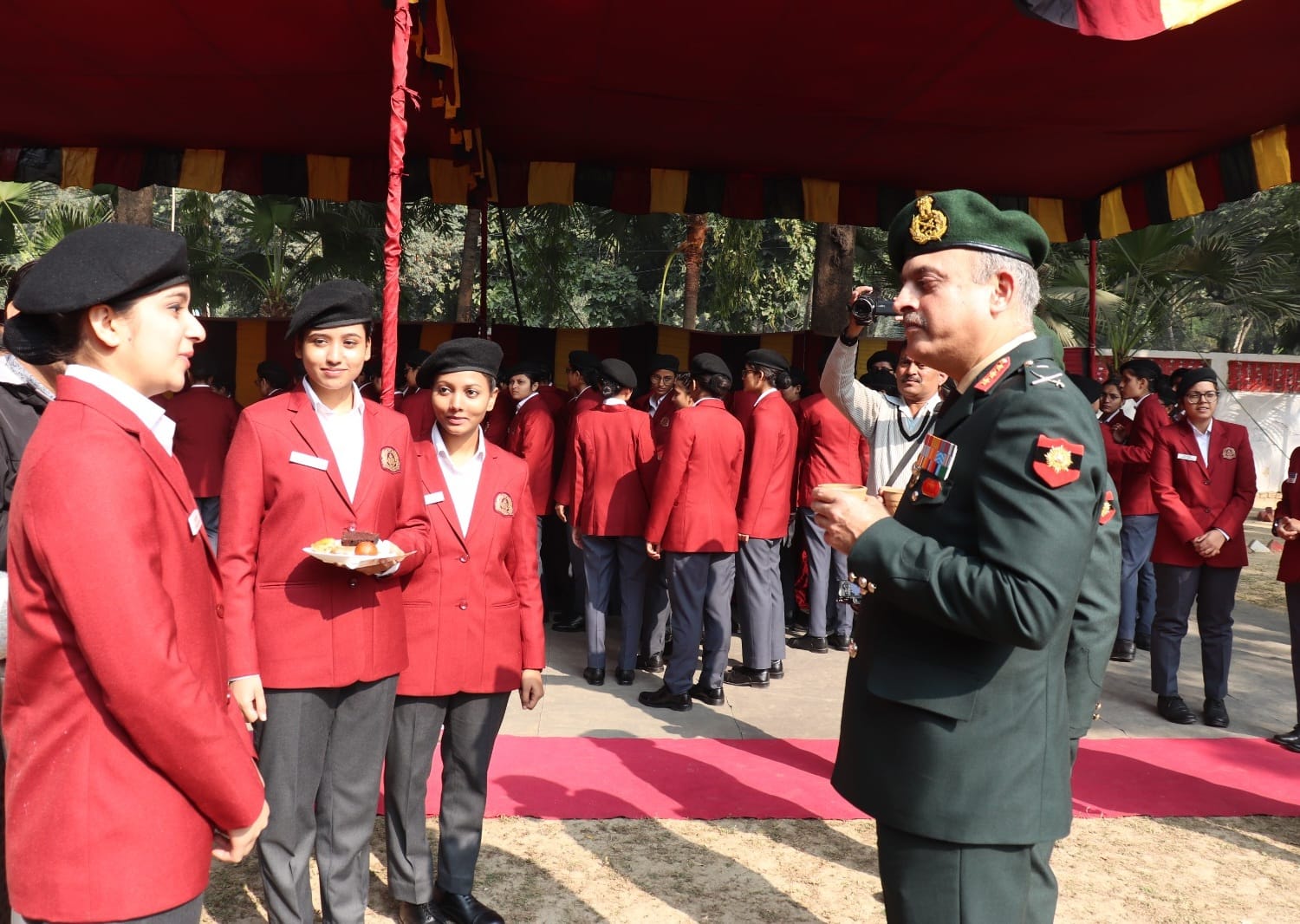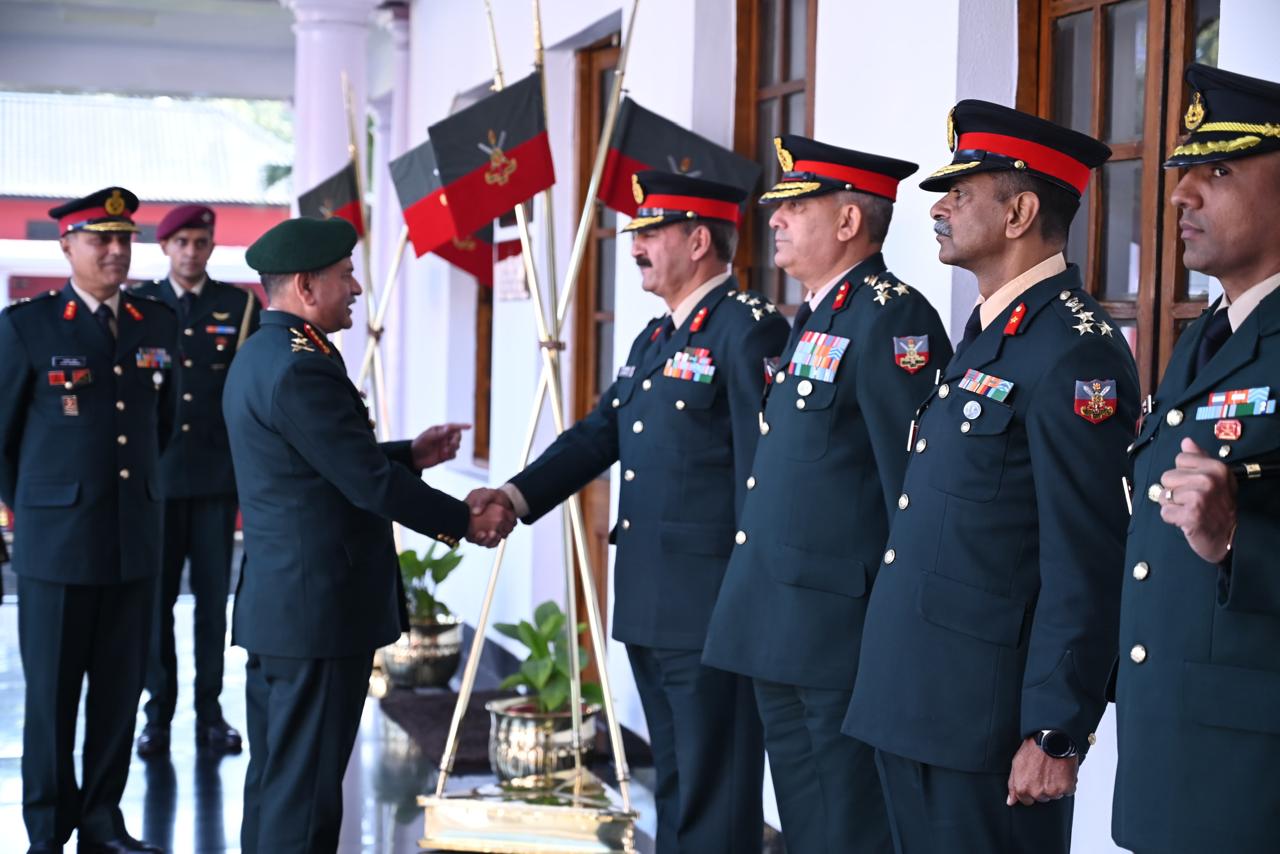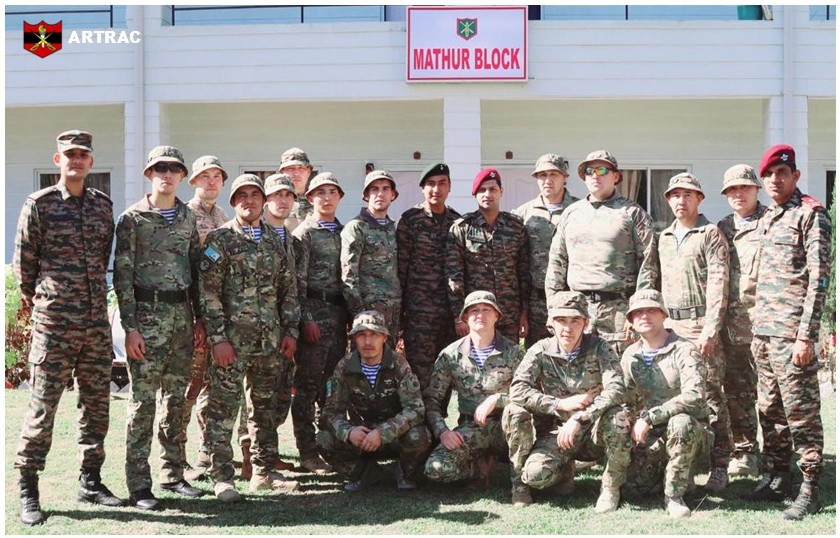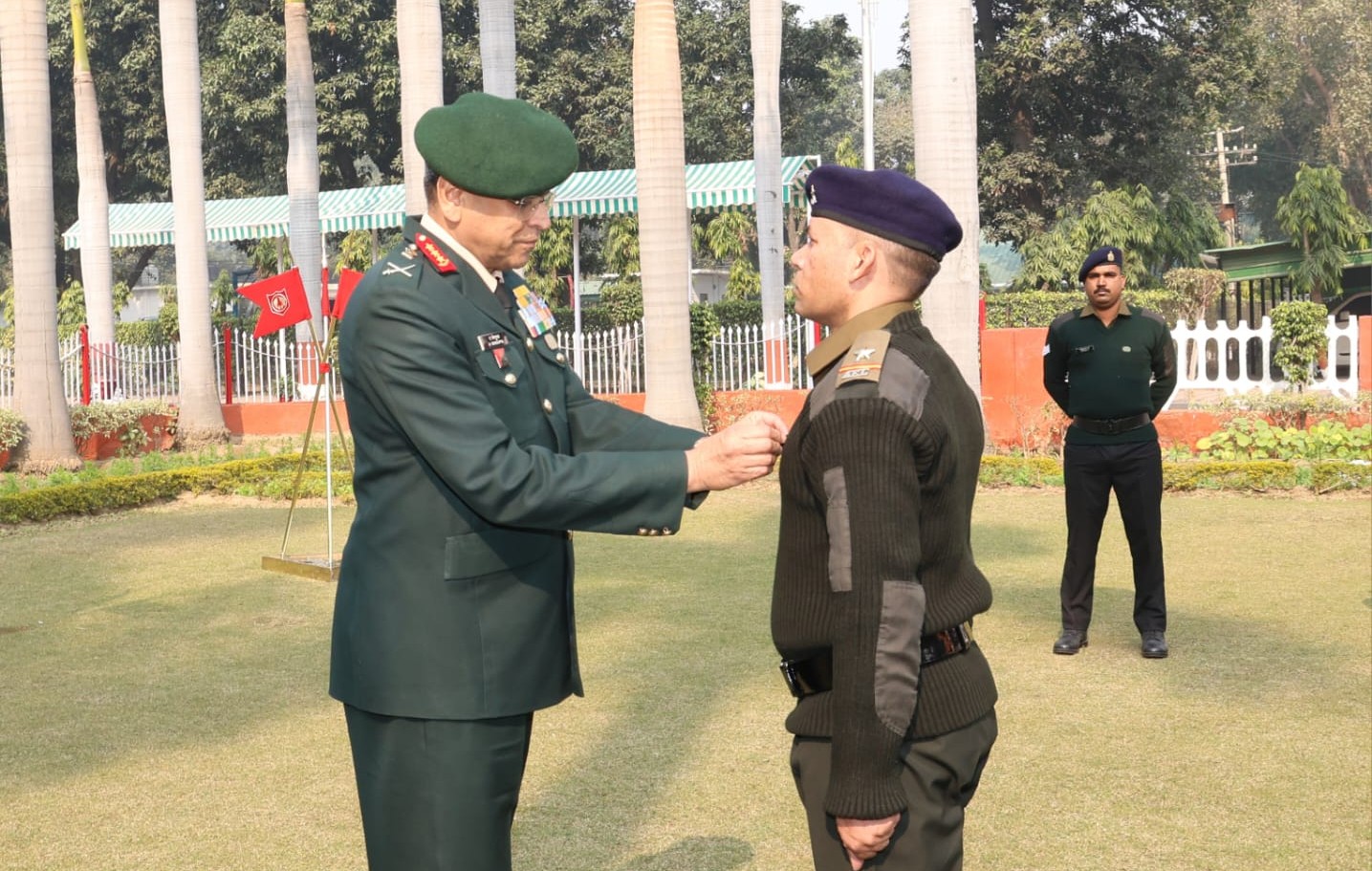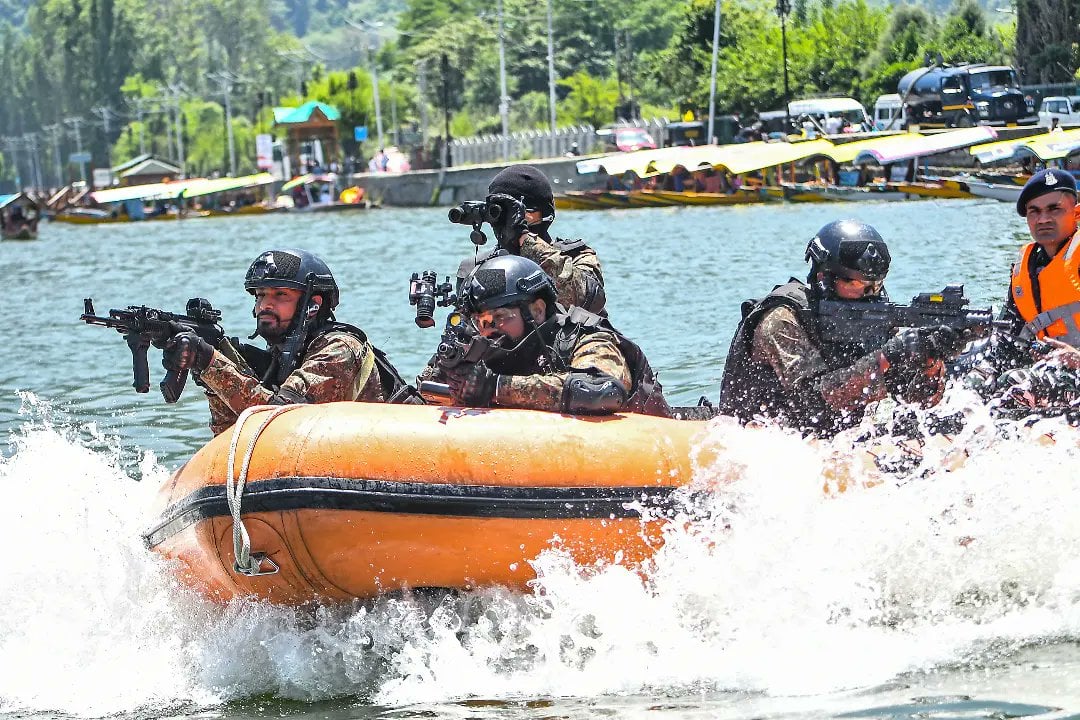11th Batch of BSc Nursing Students Begin Training at Command Hospital, Lucknow
The 11th batch of BSc Nursing students at the College of Nursing, Command Hospital, Lucknow, commenced their four-year professional training…
General Upendra Dwivedi Visits Indian Military Academy
General Upendra Dwivedi, Chief of the Army Staff (COAS), visited the prestigious Indian Military Academy (IMA), Dehradun, where he reviewed…
Kazakhstan Armed Forces Begin Specialized Training at CIJW School Vairengte
A contingent of the Kazakhstan Armed Forces has commenced specialized training on Low Intensity Conflict Operations (LICO) at the renowned…
Lt Gen Anindya Sengupta Reviews Readiness and Green Initiatives at Meerut Cantt
Lt Gen Anindya Sengupta, General Officer Commanding-in-Chief (GOC-in-C), Central Command, visited the Paschim Uttar Pradesh Sub Area at Meerut Cantonment…
Duty of a Brigadier in the Indian Army
Brigadier is a senior officer rank in the Indian Army, and it holds significant responsibilities in the command and administration…
Commando Battalion for Resolute Action (COBRA)
The Commando Battalion for Resolute Action, more commonly known as COBRA, is an elite special operations unit of the Indian…

